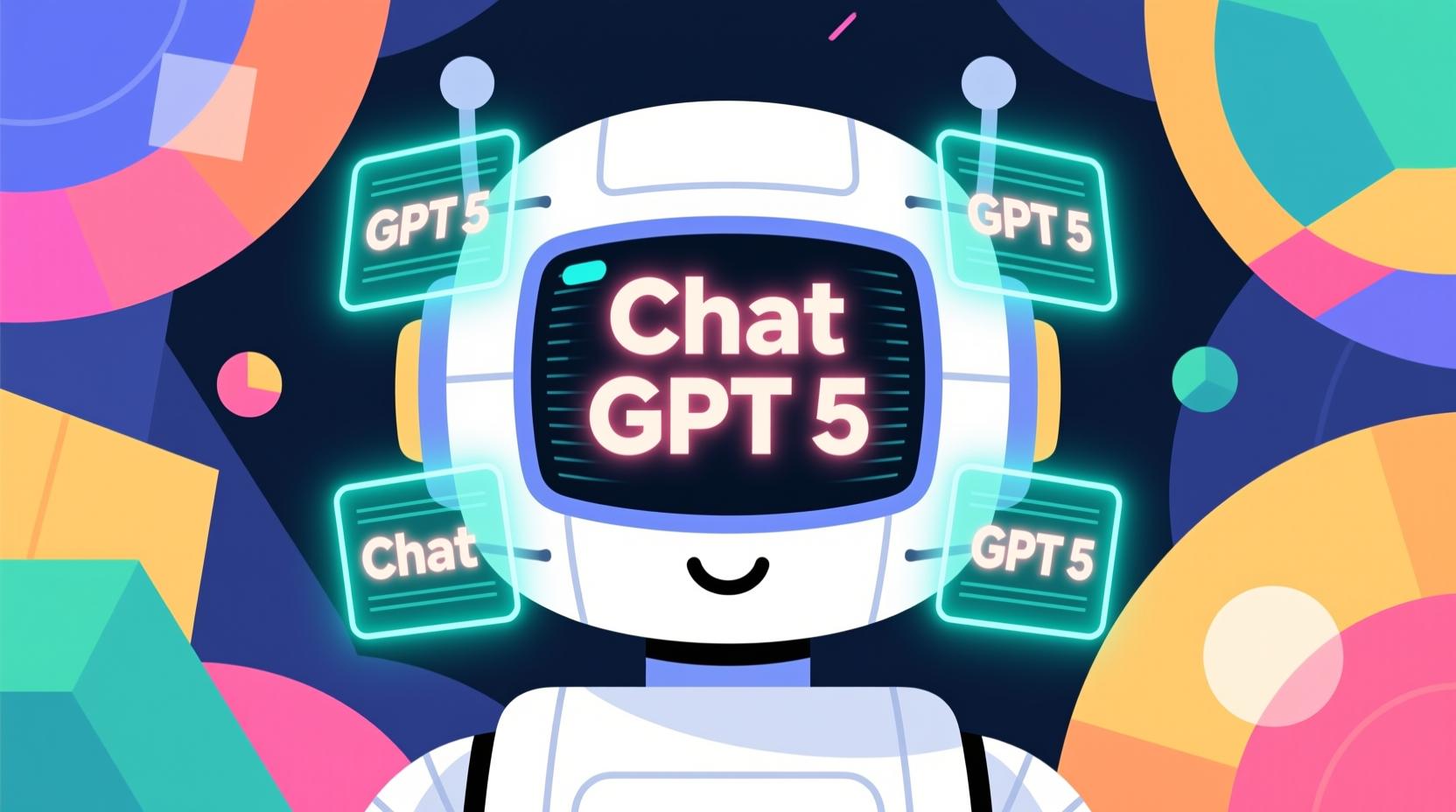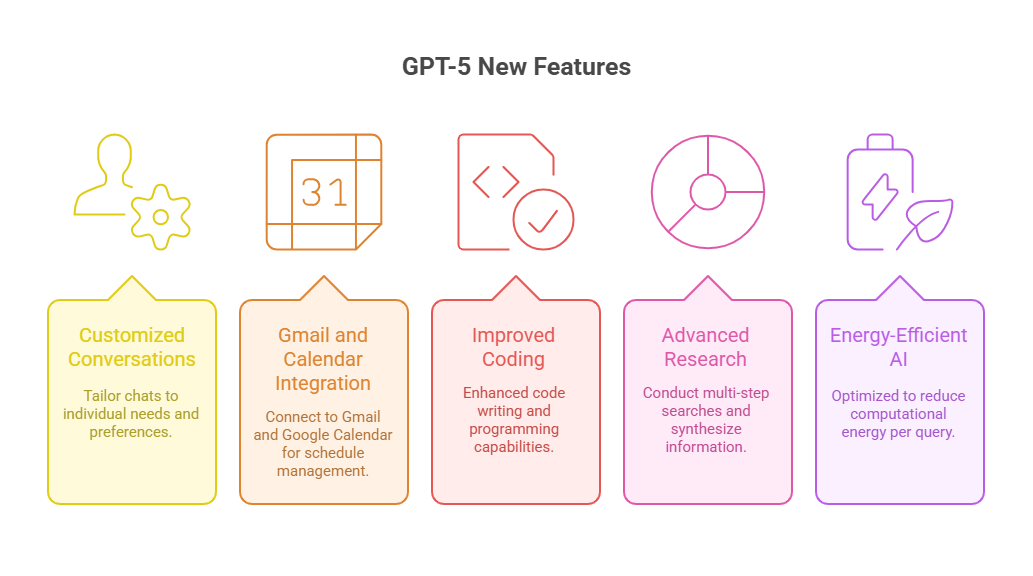What's New about Chat GPT 5

OpenAI launched ChatGPT 5, but there wasn't much excitement from end-users because the model didn't get significant improvements. Additionally, competition in the marketplace is increasing.
ChatCPT captured our hearts (my heart) shortly after the lockdown. I was an early user, and it felt like nothing I have ever used. The closest to it was www.ask.com (let me check real quick if that site exists) One minute....
Ask should have been the ChatGPT we enjoy now, because they sold themselves as a site where you could ask anything! However, they are now lost in the archives of the internet.
History of ChatGPT for End-users
In November 2022, OpenAI released ChatGPT, based on GPT-3.5, as a free research preview, marking a significant milestone in the accessibility of artificial intelligence. Within just five days, it went viral. It attracted over one million users, as everyday people experienced, for the first time, the ability to engage in natural, conversational dialogue with a powerful AI system. This moment transformed AI from a niche technology into a mainstream tool, sparking global interest and opening new possibilities for how individuals could interact with and benefit from advanced language models.
New Features of GPT-5

Customized Conversations: GPT-5 makes personalization effortless, allowing users to tailor their chats and create an experience that adapts to their individual needs and preferences. Seamless
Gmail and Google Calendar Integration: Available for Plus users, GPT-5 can now connect directly to Gmail and Google Calendar. It can manage your schedule, identify free time, and even draft responses to pending emails—bringing you closer to having an AI that actively organizes and supports your day-to-day life.
Improved Coding GPT-5 made the most improvement for end users in coding; older GPT models already write text exceptionally well. However, in coding, there was considerable room for improvement, and GPT-5 focused heavily on enhancing the writing of code and programming.
Advanced Research and Reasoning for All GPT-5 unifies OpenAI's reasoning models into a single chatbot and makes them available—even to free users. It can conduct multi-step searches, synthesize vast amounts of information, and provide responses at a level comparable to advanced academic research. According to OpenAI CEO Sam Altman, it's capable of reasoning "at a PhD level."
Energy-Efficient and Sustainable AI GPT-5 has been optimized to run more efficiently, reducing the computational energy required per query. This not only makes interactions faster and more cost-effective but also reflects OpenAI's commitment to building AI systems that scale responsibly while minimizing their environmental impact. For users and enterprises, it means benefiting from advanced AI capabilities without incurring as much energy waste.
Conclusion
While ChatGPT 5 may not feel like the groundbreaking leap its earlier versions once were, it represents a steady step forward in making AI more useful, sustainable, and integrated into our daily lives. Its strengths lie not in reinventing the wheel, but in refining what already works—personalization, coding support, advanced reasoning, and energy efficiency. As competition grows in the AI space, OpenAI's challenge will be to maintain user excitement while ensuring its models remain practical and reliable tools. For end-users, the real benefit of GPT-5 is not in flashy new features, but in its quiet progress toward becoming a dependable, ever-present assistant that makes everyday tasks smarter, faster, and easier.
References
- Meta AI - https://www.meta.ai/ (Writing Support)
- ChatGPT - https://chatgpt.com/ (Brainstorming)
- Claude AI - https://claude.ai/ (Writing Support)
- NapkinAI - https://www.napkin.ai/ (Image Creation)
Written by
Marketing Manager,
Zeta AI
